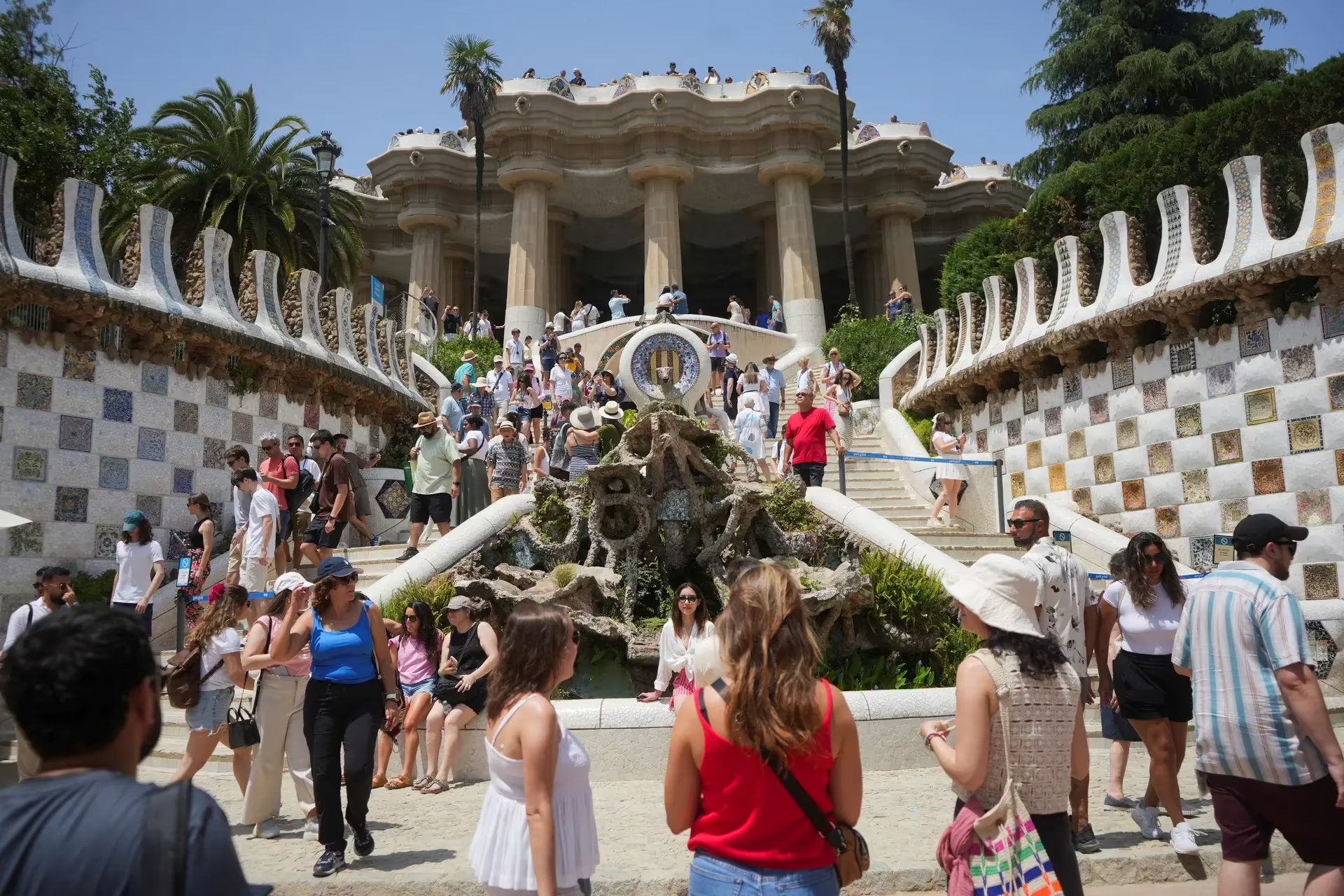The Rise of Overtourism
In recent years, southern Europe has seen a significant rise in plans for coordinated protests against overtourism, particularly in cities like Barcelona, Lisbon, and Venice. These demonstrations reflect the growing frustration among locals regarding the impacts of tourism, which include increased living costs, displacement of residents, and the deterioration of urban environments. Activists argue that while tourism boosts the economy, it simultaneously inflicts adverse effects on the community and quality of life.
The Catalyst for Change
Activists are rallying support for protests scheduled across several major cities, echoing a sense of urgency among residents. A particularly spirited demonstration is set to take place in Barcelona, with participants even encouraged to bring water pistols, a playful yet pointed nod to previous protests. The sentiment is clear—many believe that excessive tourism overwhelms infrastructure, leading to a decline in the quality of life for locals. This burgeoning movement illustrates the complexities of balancing economic benefits against societal challenges.
Economic Impact of Over Tourism
Statistics indicate that international travel spending in Europe is projected to surge by 11% this year, totaling an expected $838 billion. This has positioned Spain and France among the top recipients of tourist dollars, further complicating the narrative of tourism as a double-edged sword. While the economic influx can be a boon, locals are raising alarms over the overcrowding and rising rents that accompany thousands of new visitors. As major cities host millions of tourists—the population of Barcelona swells by 26 million visitors annually—residents increasingly view this influx as unsustainable.
Calls for Regulation
Protest organizers argue for more stringent regulations in tourism management, advocating for support that prioritizes the needs of residents over those of visitors. A coalition of groups in Spain, Portugal, and Italy has united under the SET alliance (Southern Europe against Overtourism) to amplify their message. Prominent voices within this movement speak to the restorative potential of managing tourist numbers effectively to protect cultural heritage and the environment.
Voicing Concerns Through Actions
Anti-tourism graffiti has proliferated across cities, with phrases like “Tourists Go Home” capturing the essential message of activists seeking to draw attention to their plight. Cities, such as Barcelona, which relies heavily on tourism for economic stability—accounting for 15% of its GDP—face a paradox where local sentiments clash with the economic dependency on the tourism sector. Measures like a proposed ban on certain tourist apartments aim to prevent further detriment to the housing market, which has seen a steep rent increase of 68% in a decade.
Cultural vs. Economic Gains
Alongside the protests, there is an ongoing debate about the implications of tourism on cultural authenticity and local economies. Critics argue that the low-wage, often precarious work created by the tourism industry does not compensate for the elevated cost of living, creating a cycle of inequality. The sentiment echoes through protests in cities where residents feel tethered to a system that prioritizes profit over quality of life.
Venice and Other Cities Join the Fray
As protests spread beyond Barcelona, cities like Venice and Lisbon are also joining the chorus against overtourism. While Venice’s demonstration serves as a quieter protest through banners, it underscores a collective frustration resonating among diverse urban centers in southern Europe. The demonstrations promote awareness of the often-neglected voices of locals amid expansive tourism strategies.
The Balancing Act
Despite the ongoing protests, tourism remains a crucial contributor to regional economies, bringing essential revenue and employment opportunities. Communities now face the challenge of navigating the fine line between preserving their cultural identity and harnessing economic benefits. The effects of these protests could lead to a re-evaluation of the tourism models currently in place across much of Europe, particularly in southern countries where tourism tends to dominate economically.
앞으로의 전망
The discussions surrounding overtourism raise significant points about the future of travel in southern Europe. As residents and activists advocate for change, there is a potent reminder of the importance of responsible tourism practices. For travelers contemplating trips to these iconic cities, it remains crucial to reflect on the societal impacts of visitation.
In the end, while reviews and feedback can provide potential insight into the tourist experience, nothing compares to firsthand understanding. Using platforms like GetTransfer.com allows for personalized experiences while supporting local providers, ensuring fair pricing and transparency throughout your travel planning. Enjoy the luxury of choice with a selection of vehicles and drivers that suit your needs.
The rising concern over overtourism is a pressing issue that demands attention. By keeping abreast of the changes and advocating for sustainable practices, travelers can partake in local culture responsibly. Plan your next journey with GetTransfer, where you can secure a ride that aligns with your values and travel needs. 차량 서비스 예약하기.

 남유럽의 과잉 관광이 시위를 촉발합니다: 점점 커지는 우려">
남유럽의 과잉 관광이 시위를 촉발합니다: 점점 커지는 우려">
댓글